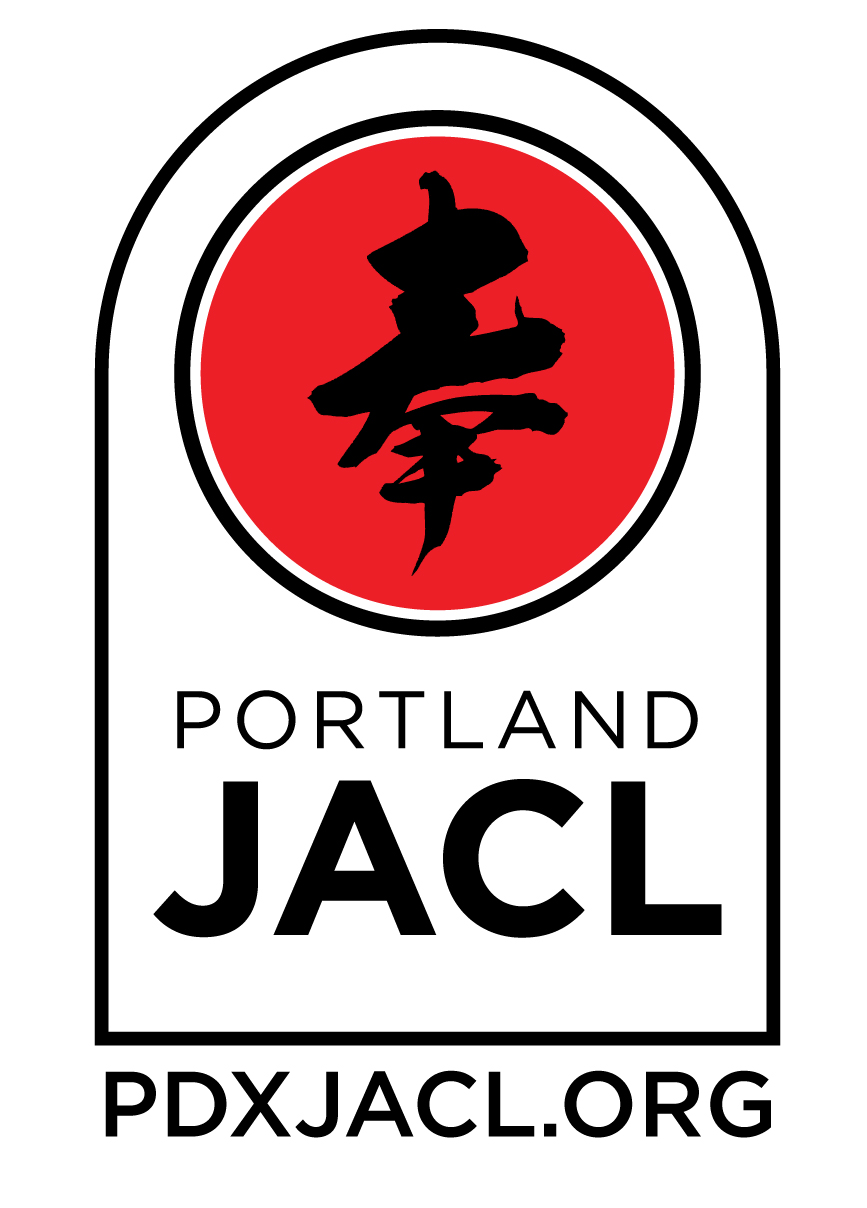Seia Watanabe, VP Public Affairs, swatanabe@jacl.org
Matthew Weisbly, Education & Communications Coordinator, mweisbly@jacl.org
This Sunday, February 19, 2023, marks the 81st anniversary of the signing of Executive Order 9066 by President Franklin D. Roosevelt, resulting in the mass incarceration of over 120,000 Japanese Americans. Similarly, thousands of Japanese Latin Americans and Japanese Canadians were incarcerated en masse in their own countries or, in some cases, were kidnapped to the United States against their will to serve as “prisoners of war.” As we look back and mourn one of the darkest moments of our community’s and nation’s history, we also celebrate the many triumphs as well.
This past year for example, we saw the passage of legislation to study the creation of a National Museum of Asian-Pacific American History and Culture, where the stories of all AANHPI communities will be celebrated and remembered. Towards the end of 2022, we saw the passage of two major bills, namely, the Norman Y. Mineta Japanese American Confinement Education (JACE) Act, and the World War II Japanese American History Network Act. Both bills will support organizations that work to educate the public about the experiences of Japanese Americans during World War II.
This year also marks the 35th anniversary of one of the greatest triumphs of our community in the passage of the Civil Liberties Act of 1988 as a response to our history of incarceration. It was the culmination of nearly two decades of multigenerational work by former incarcerees, their children and grandchildren, members of Congress, community leaders, supporters, and thousands of allies across multiple communities. While no amount of money could heal the traumas of everything our community lost, it was our government’s acknowledgment of its wrongdoing that allowed our community to begin the healing process. The Civil Liberties Act showed the power of community organizing in how it forced our government to acknowledge and apologize for the suffering it caused to its people. In the 35 years since the passing of this bill, our journey toward achieving true reparatory justice continues.
HR 40, or the Commission to Study and Develop Reparation Proposals for African Americans Act, has been introduced in some form in every Congressional session since 1989, the year after the passage of Japanese American redress. It was first introduced by Representative John Conyers, and more recently by Representative Sheila Jackson Lee. Much of the framework of HR 40 is based on the Commission on Wartime Relocation and Internment of Civilians (CWRIC) which helped pave the way for the Civil Liberties Act of 1988. The African American community was one of the first to support the Japanese American community in its path toward redress, and now it is time that Japanese Americans do the same. Late last year, the JACL, the National Nikkei Reparations Coalition, and over 70 other Asian American organizations joined together to send a letter to President Biden calling for the creation of a commission to begin the process for the African American community toward reparations and healing.
As we continue into 2023 and beyond, we look back on our triumphs and hardships, as well as our solidarity in the hopes that we can make a change for a better future for all people in this nation. When our country seems more divided than ever, let us stand together and show that the unimaginable tragedies our ancestors suffered are not forgotten and are worthy of our government’s recognition and repair.
